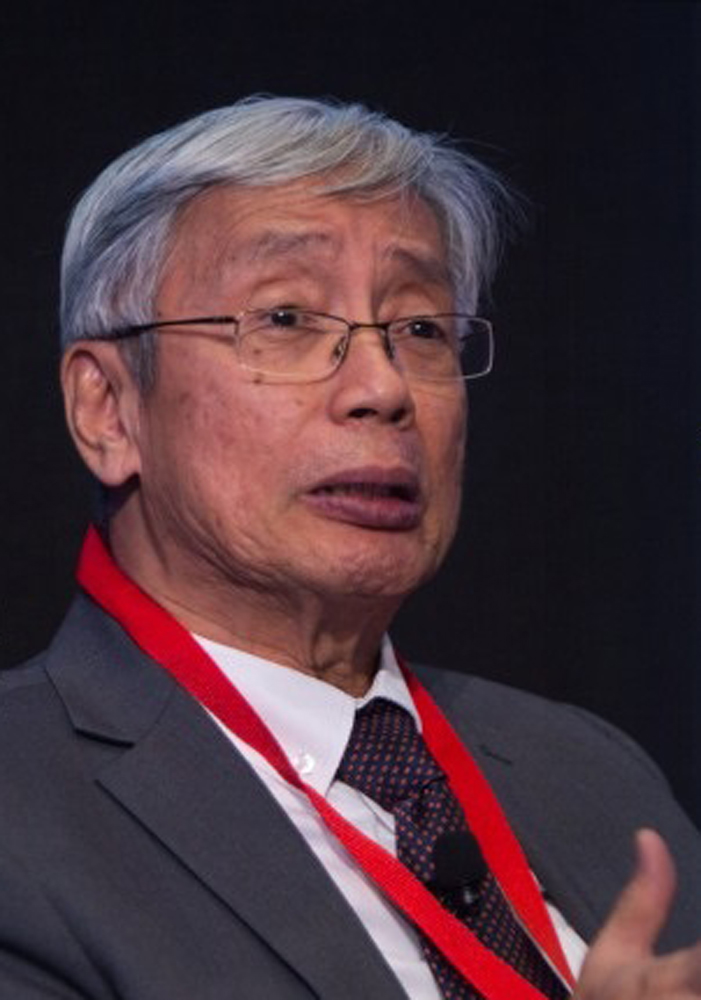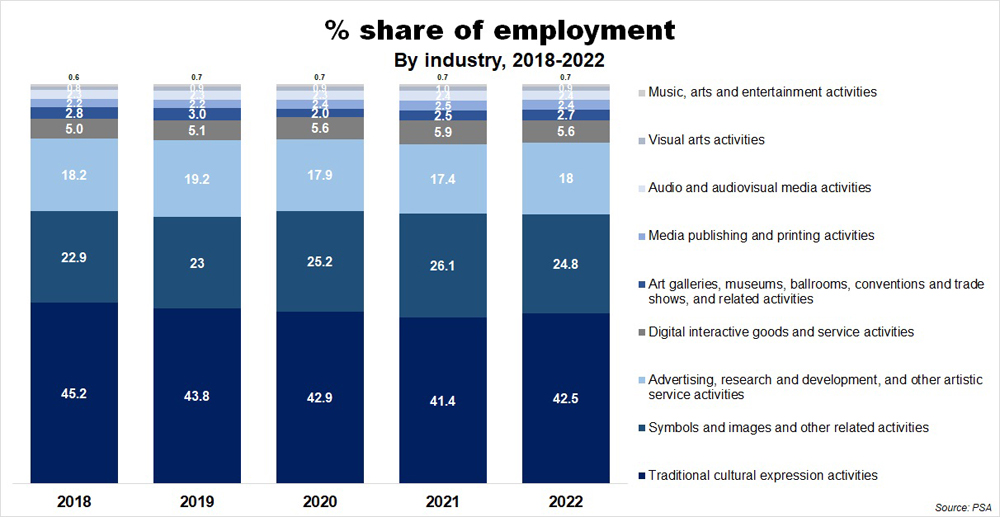The Bangko Sentral ng Pilipinas (BSP) raised its policy rate by 25 basis points (bps) in lockstep with the US Fed’s rate hike overnight, bringing the central bank’s overnight borrowing rate or reverse repurchase rate to 6.25 percent.
This raises the BSP’s overnight lending rate to 6.75 percent. The overnight deposit rate is at 5.75 percent.
Felipe Medalla, BSP governor said the decision was based “on the sum of new information and its assessment of the effects of past policy actions, which warranted a continuation of monetary tightening to anchor inflation expectations.”
“With core inflation rising in February despite a modest decline in headline inflation, further monetary policy action was deemed necessary to address broadening price impulses emanating from robust domestic demand and lingering supply-side constraints,” Medalla said.
Medalla said the BSP expects a continued rise in inflation in the the near term with average inflation settling at 6 percent this year, way above the 2 to 4 percent target range. Inflation is seen to average at 2.9 percent in 2024 from 3.1 percent predicted previously.
“The inflation forecasts reflect the cumulative impact of the BSP’s policy rate adjustments and the slower growth outlook on both the domestic and external fronts. Moreover, inflation expectations have increased slightly for 2023, while those for 2024 and 2025 remain near the upper end of the target band,” Medalla said, adding the Monetary Board of the BSP “supports the creation of the Inter-agency Committee on Inflation and Market Outlook.”
Medalla said the inflation outlook for this year and next year “continue to tilt heavily towards the upside” amid supply shortages on domestic food prices while transport fares set to rise, as well as the increase in electricity rates and upward wage adjustment.
“On the downside, the impact of a weaker-than-expected global economic recovery continues to be the primary factor that could dampen inflation,” Medalla said.
“Given these considerations, the Board decided that follow-through monetary action would help ease persistent price pressures from here and abroad as well as further realign inflation expectations with the target band over the policy horizon. Further policy tightening will also preserve the buffer against external spillovers amid heightened uncertainty and volatility emanating from financial sector distress in advanced economies,” he added.
Medalla said future rate hikes will be “data-dependent” though he noted should a steady decline in inflation between now and until July or August is observed, it can convince the BSP to cut rates.
He quickly dismissed this as “extremely unlikely” since projections point to a drop of inflation to 4 percent only in November or December this year.
Medalla said the BSP continues to watch over the developments in the international banking industry in the wake of bank failures and consolidations overseas as a result of hawkish monetary stance of central banks around the world to fight inflation.
He, however, stressed the Philippine banking system is “resilient to evolving market conditions.”
“Moving forward, the BSP reassures the public that monetary authorities remain ready to respond further to inflation risks in line with the BSP’s data-dependent approach to ensuring price and financial stability,” he said.
Michael Ricafort, chief economist at Rizal Commercial Banking Corp., said this is the 9th straight rate hike for the BSP, bringing the country’s policy rate to its highest in nearly 16 years when overnight borrowing rates was raised to 7.5 percent in May 2007.
Ricafort said any future rate hike by the central bank will take a cue from the US Fed’s own decision, who overnight raised its own rates by another 25 bps to 5 percent, apart from parsing inflation data and the peso-dollar exchange rate, “which affects import prices and overall inflation.”
“For the coming months, local policy rates could still, at the very least, match any future Fed rate hikes after recent Fed signals and market expectations of another possible 0.25 bps Fed rate hike… to maintain a more comfortable interest rate differential that help stabilize the peso exchange rate and overall inflation,” he said.
Emilio Neri Jr., Bank of the Philippine Islands lead economist, said with core and headline inflation still much higher than policy rate, the risk of further de-anchoring expectations and sustained second round effects must be managed by the latest BSP rate hike.





